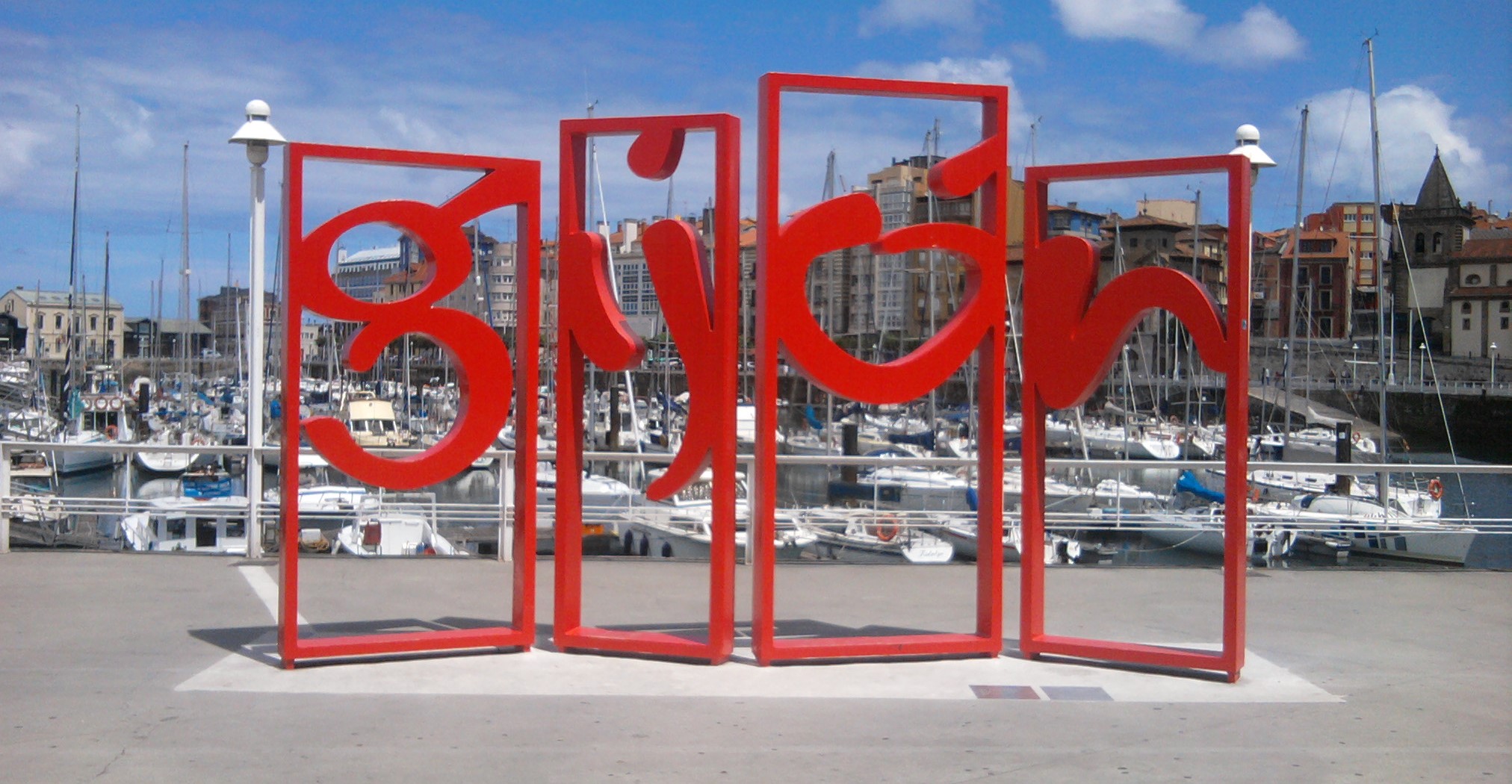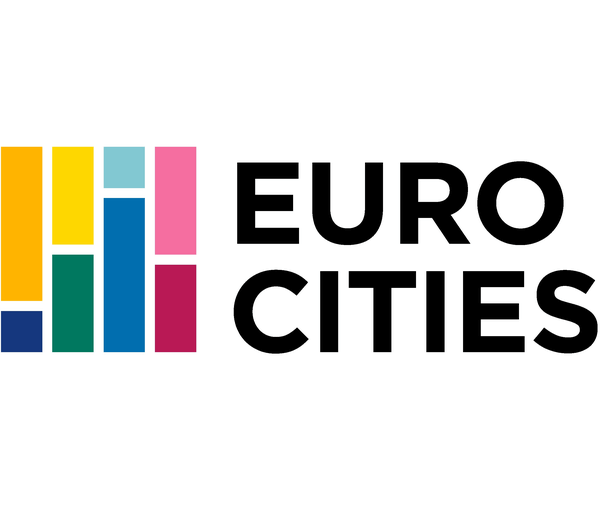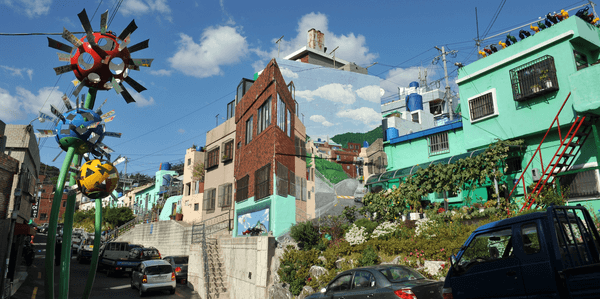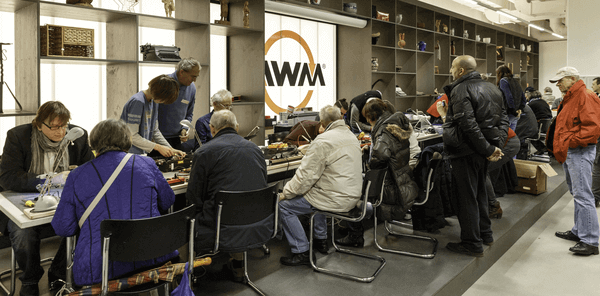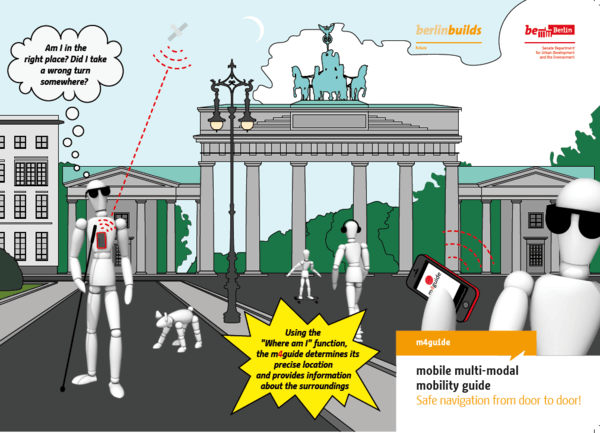City
Gijon
Main actors
City Government, Private Sector, NGO / Philanthropy, Community / Citizen Group
Project area
Whole City/Administrative Region
Duration
Ongoing since 2014
Gijon City Council in Spain has responded to the need for greater efficiency, transparency and participatory democracy by implementing a digital platform enabling residents to share responsibility for governing and managing the city.
Gijon city council is committed to becoming a smart city by developing sustainable initiatives addressing the social and economic realities of the city. The council recognised that it needed to operate more transparently and openly and work hand in hand with citizens to fully understand the status of the city and the experiences and views of those living in it. Subsequently, the council resolved to provide wide and easy access to public data and to empower and enable citizens to take an active part in the workings of government.
Originally published by EUROCITIES, the network of 130 European cities - PDF: http://www.eurocities.eu/eurocities/news/Cities-in-action-Gijon-s-new-governance-model-WSPO-ANSK94
Eurocities Awards
This project was shortlisted for the 'Eurocities Awards' in 2016 in the following category: Participation.
On Map
The Map will be displayed after accepting cookie policy
